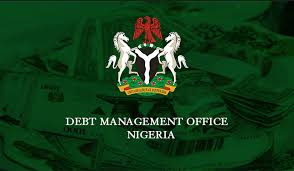

Related Articles
OPEC Forecasts 23% Surge In Energy Demand By 2045
….says industry needs $12.1trn investment to meet demand The Organization of Petroleum Exporting Countries (OPEC) has predicted that global energy needs will continue to increase given the expected growth in the world economy and population over the years ahead and estimated that energy demand would increase by 23% in 2045. The Secretary General of the […]
Why Accessing Pension Funds For Capital Projects Is Slow – PenCom
The National Pension Commission (PenCom) has identified gaps in infrastructure projects qualifications as one of the key challenges militating against the deployment of pension savings to infrastructure development. The Commission disclosed that currently, less than five per cent of the 20 percent of the N8 trillion pension fund earmarked for investment in infrastructure had been […]
Ogun Physical Planning Board Generates N1Bn In 8 Months
The Ogun Urban and Physical Planning Board on Friday reported that its internally generated revenue (IGR) stood at over N1 billion from January to August this year. The state Commissioner for Urban and Physical Planning, Mrs Ronke Sokefun, made the disclosure when members of the state House of Assembly Committee on Lands and Housing visited […]



